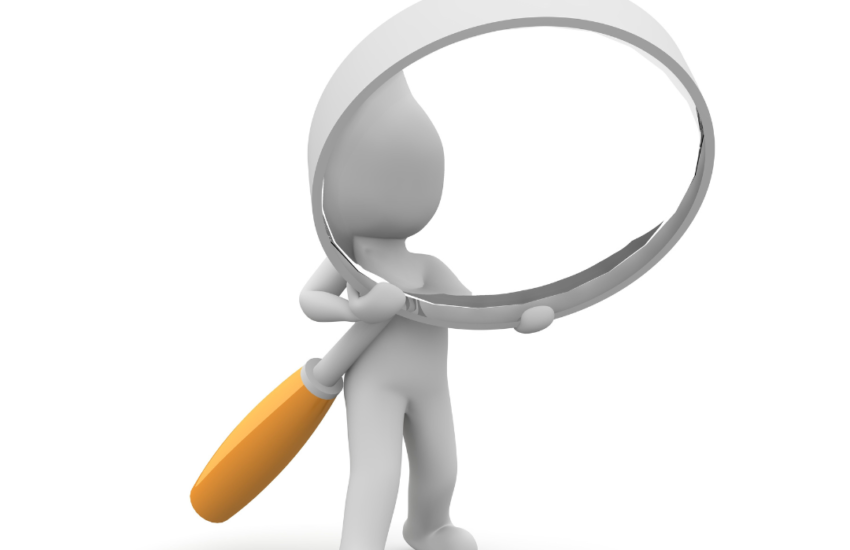How Music Connects to Our Soul
From the time we are born, music has a way of touching our lives like nothing else. It can make us dance with joy, cry tears of sorrow, or simply transport us to another world altogether. But have you ever stopped to wonder why this is? Why does music have such a powerful hold on our emotions and thoughts?
In this post, we’ll explore how music connects to our soul and discover the incredible ways it shapes our experiences in life. So get ready to tune in and let your heart be moved by the power of sound!
The Relationship Between Music and Emotion
It is often said that music is the language of emotion. And, indeed, there is a strong connection between music and emotions. Music can evoke powerful emotions and can be used as a tool to manipulate emotions.
Certain types of music can trigger different emotions. For example, happy and upbeat music can make us feel more positive and energetic, while sad and slow music can make us feel more reflective and melancholy. But it’s not just the type of music that matters, it’s also how we respond to it. We all have our musical triggers that can bring up certain emotions.
Engaging with music culture through the purchase of merchandise and collectibles from online stores like kplaceshop.com could further deepen our emotional connections to the music we love. Collecting items related to favorite artists or albums allows fans to express their passion and creates tangible links to the emotions evoked by the music.
This relationship is further enhanced when we listen to uplifting tracks to boost our mood or calming melodies to help us relax during stressful times.
Ultimately, the relationship between music and emotion is complex and multi-faceted. It is clear that music significantly influences our emotional states and can be a powerful tool for emotional regulation. If you want to explore this fascinating interplay further, many resources are available, including research studies and literature on the subject.
The Role of Music in Memory and Learning
There are many ways in which music connects to our soul. One way is through its ability to help us remember and learn information. Studies have shown that music can improve memory, both in terms of short-term recall and long-term retention. For example, one study found that people who listened to music while studying were better able to remember the material than those who did not listen to music.
Music can also help us learn new information. One study found that people who were exposed to a foreign language while listening to music were better able to learn new words than those who were not exposed to music.
Music can also help us process information more effectively. One study found that people who listened to music while completing a task were better able to remember the instructions than those who did not listen to music.
In addition to its role in memory and learning, music also has a powerful effect on our emotions. Music can trigger positive or negative emotions, depending on the type of music we are listening to. For example, whether you are listening music in your home, or booking tickets through TicketSmarter to enjoy music in a concert, the experience can certainly increase our dopamine levels.
Music is a powerful force that can have a significant impact on our lives. It can improve memory and learning as well as affect our emotions. Music can be used to manage stress and anxiety, making it an essential tool for mental health.
The Power of Music in Health and Well-Being
There is no shortage of evidence demonstrating the power of music in health and well-being. From lowering stress levels and blood pressure to improving sleep quality and cognitive function, music has a profound impact on our physical and mental well-being. Learning to play a musical instrument can provide even greater benefits, as it requires focus and repetition that fully engages the mind and body.
There are so many options when it comes to instruments from winds and brass like the flute and trumpet to strings like the guitar and violin. The piano is a versatile choice as it spans both melody and harmony. Proper posture and positioning are equally important when learning any instrument, and for the piano, having the best piano stool provides proper cushioning during long practice hours.
While we may not learn to play an instrument, there are plenty of ways to incorporate music into our lives to reap the benefits. Listening to calming music before bedtime can help you relax and fall asleep more quickly. Taking a break to listen to your favorite tunes during a stressful workday can help you recharge and refocus. Even simply humming or singing along to a familiar song can provide a quick mood boost.
So whether you’re listening to your favorite band, playing an instrument, or just tapping your feet along to the beat, don’t underestimate the power of music in promoting health and happiness.
Music has a powerful ability to connect us with our souls and tap into our emotions. It can be used as a form of personal therapy, helping us to process our feelings, release stress and anxieties, and find peace within ourselves.
Through music, we can express ourselves in ways that no other art form offers – it is truly a special connection that will always remain part of the human experience.



